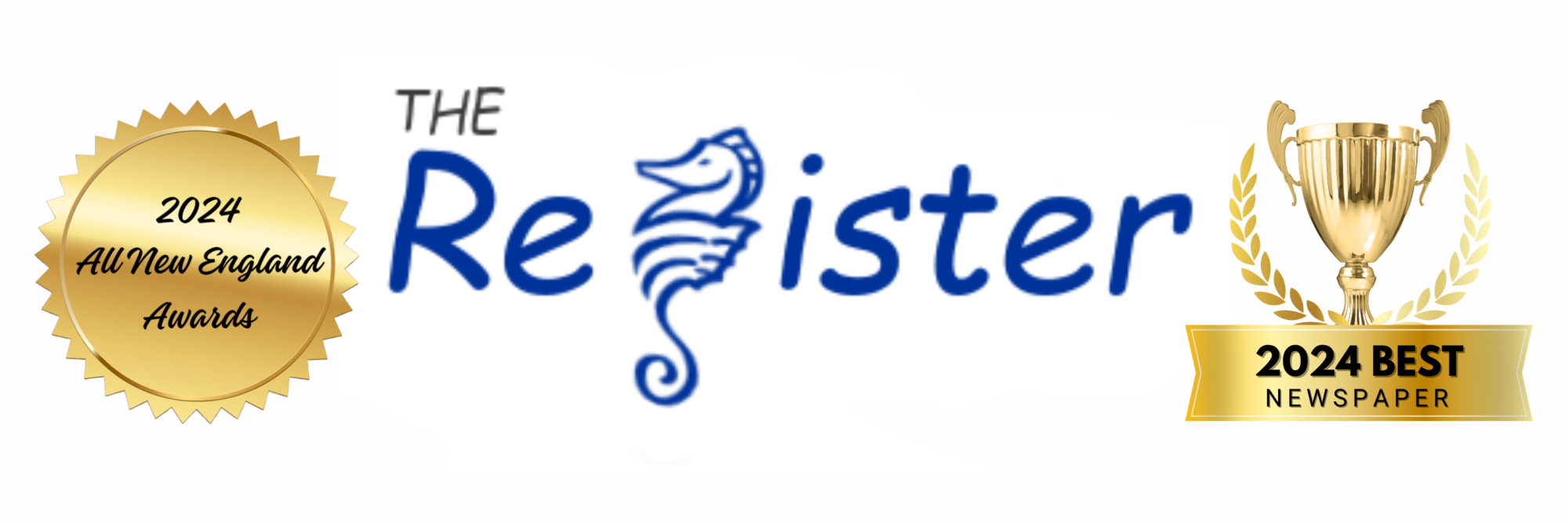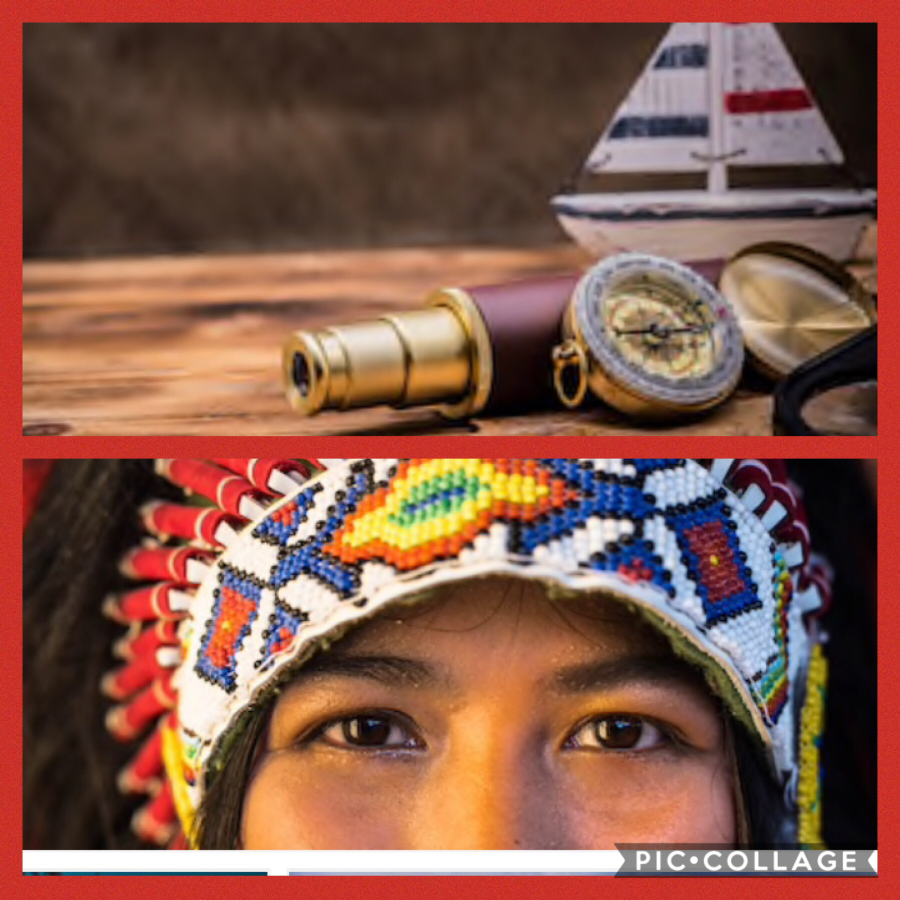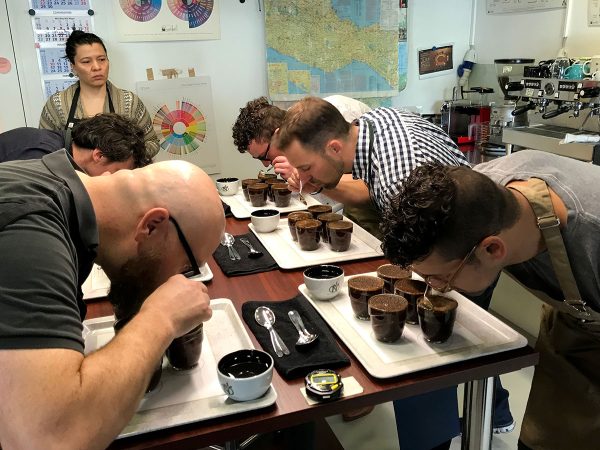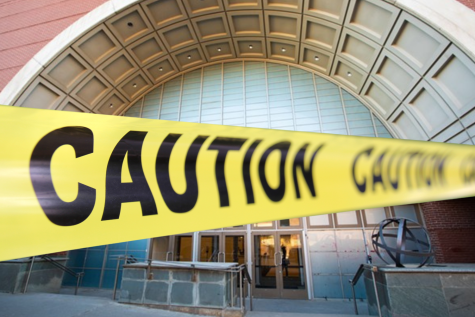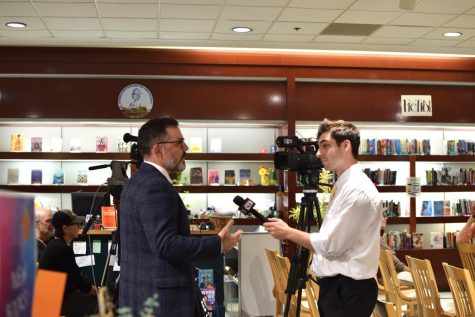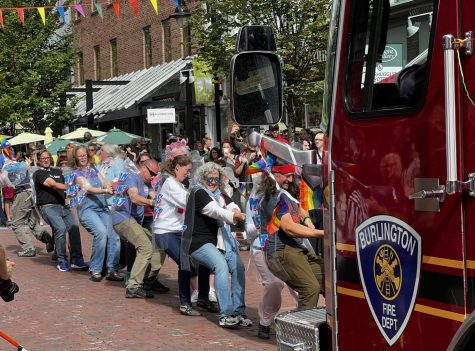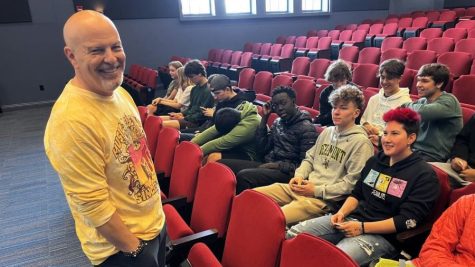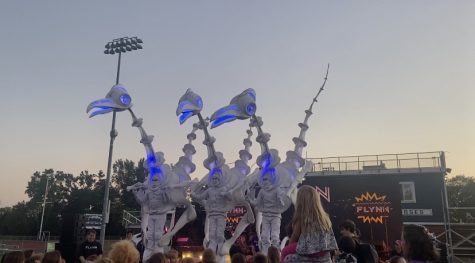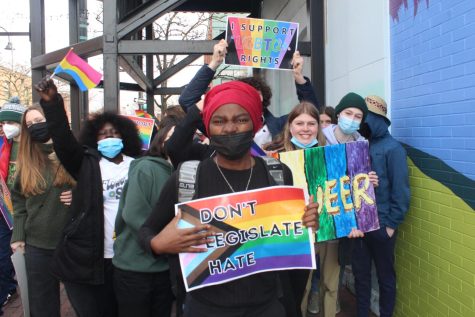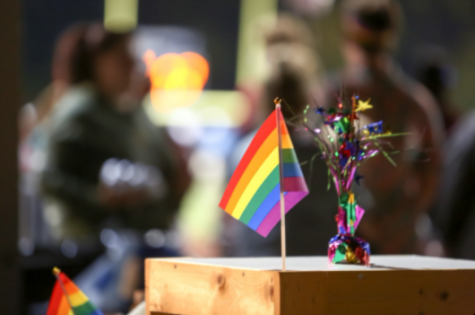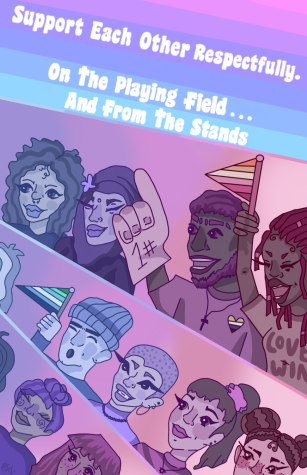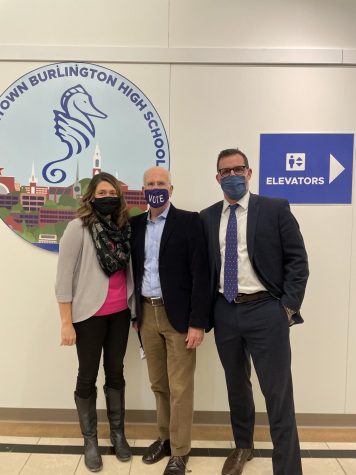Controversy: Columbus Day 526 years later
October 8, 2018
“In 1492, Columbus sailed the ocean blue,” and landed on the shores of what is now The Bahamas.
526 years later, his arrival is still celebrated in the United States and several other North and South American countries including Argentina and The Bahamas.
This nursery rhyme paints a picture of magnificent boats docking on the shores of undiscovered lands and a triumphant white man discovering a new world.
President Franklin Delano Roosevelt (FDR) declared Columbus Day a national holiday in 1937. In his dedication statement on October 12, 1940, FDR celebrated Columbus’ courage, faith, and contribution to human progress. Traditionally, the holiday is celebrated with festivals, as well as business, bank, post office, and school closings.
However, some people don’t believe Columbus deserves to be celebrated. Columbus’s contribution to Western civilization is complicated. As explorers and conquerors expanded European reach, they destroyed native peoples with disease, war, and servitude. In 2011, National Geographic reported on new genetic research that indicates that within years of Columbus’ landing, the native population of the Americas dropped by half likely due to smallpox brought over by Europeans.
“Christopher Columbus had a negative impact on Native Americans,” BHS sophomore Kelvin Kibabu said. “We acknowledge that they suffered by giving them a holiday.”
BHS freshman Kelemuma Summa does not remember learning about the fatalities of the Indigenous Peoples back in elementary school when her class studied Columbus. Instead, she remembers learning about a hero who discovered new lands, brought knowledge to the unenlightened, and enriched Europe with gold.
Summa says Columbus Day should acknowledge what really happened back in 1492.
“I think that the right approach would be educating people about what he did,” Summa said.
Like Summa, others have sought to shift the narrative around Columbus Day.
In 1979, the International Conference on Discrimination Against Indigenous Populations in the Americas suggested changing Columbus day into a holiday celebrating Native populations: Indigenous Peoples’ Day. Since then, many US states and cities have changed the name and meaning of Columbus Day into a day celebrating the real first Americans.
Although it would take legislative action to change the name of Columbus Day in Vermont, in 2016 then Governor Peter Shumlin joined many states in reclaiming the holiday to honor the cultures of Native Americans. Governor Phil Scott followed suit in 2017 with a statement acknowledging indigenous contributions to American culture.
That same year, the Vermont Abenaki Tribe was finally federally recognized.
Shirley Hook, a member the Council of Chiefs of the Koasek of the Koas, the Western Abenaki Tribe in Vermont, told Vermont Public Radio (VPR) that becoming an officially recognized tribe was a difficult process.
“We’re here, you know; we’ve been here forever. And they just recognized us,” Hook said in an interview with VPR.
There was no formal acknowledgment of either Columbus day or Indigenous Peoples Day at Burlington High School on October 8, 2018.
“If we are going to have school then we should have more of a conversation. [Columbus’s impact on Indigenous Peoples] is not spoken about openly,” Amelia Mason, a BHS junior, said.
When the holiday’s name was changed it was meant to give a new meaning to the day and acknowledge the suffering of Indigenous Peoples from the Colonial Era through the present day.
At the national level, there have been attempts to honor both Columbus and Native Americans. In 2016, President Barack Obama declared November as National Native American Heritage Month. President Trump did so again in 2017.
“Let us remember the communities who suffered, and let us pay tribute to our heritage and embrace the multiculturalism that defines the American experience,” President Barack Obama said in his 2016 proclamation.
Still, each president has also still acknowledged the courage and contribution of Christopher Columbus.
“On Columbus Day, we commemorate the achievements of this skilled Italian explorer and recognize his courage, willpower, and ambition — all values we cherish as Americans,” President Donald Trump said in his 2018 Columbus Day proclamation.
BHS Sophomore Rose MacQueen does not think that changing the name accomplished the goal in mind.
“Having Indigenous People’s Day on Columbus Day isn’t even meant to celebrate Indigenous people; it’s just Columbus day with a different name,” MacQueen said.
“We should have a separate holiday on a different day to actually celebrate Indigenous Peoples, and stop acknowledging Columbus day as any type of holiday.”
BHS social studies teacher, Sean Fleming, teaches high school students about Columbus. Fleming believes that the significance of two hemispheres being reunited after 10,000 years apart is something to be celebrated.
“The holiday should not celebrate the man but instead the world-changing historical event, ” Fleming said.
Edited at 11:36 on Wednesday, October 8 2018
